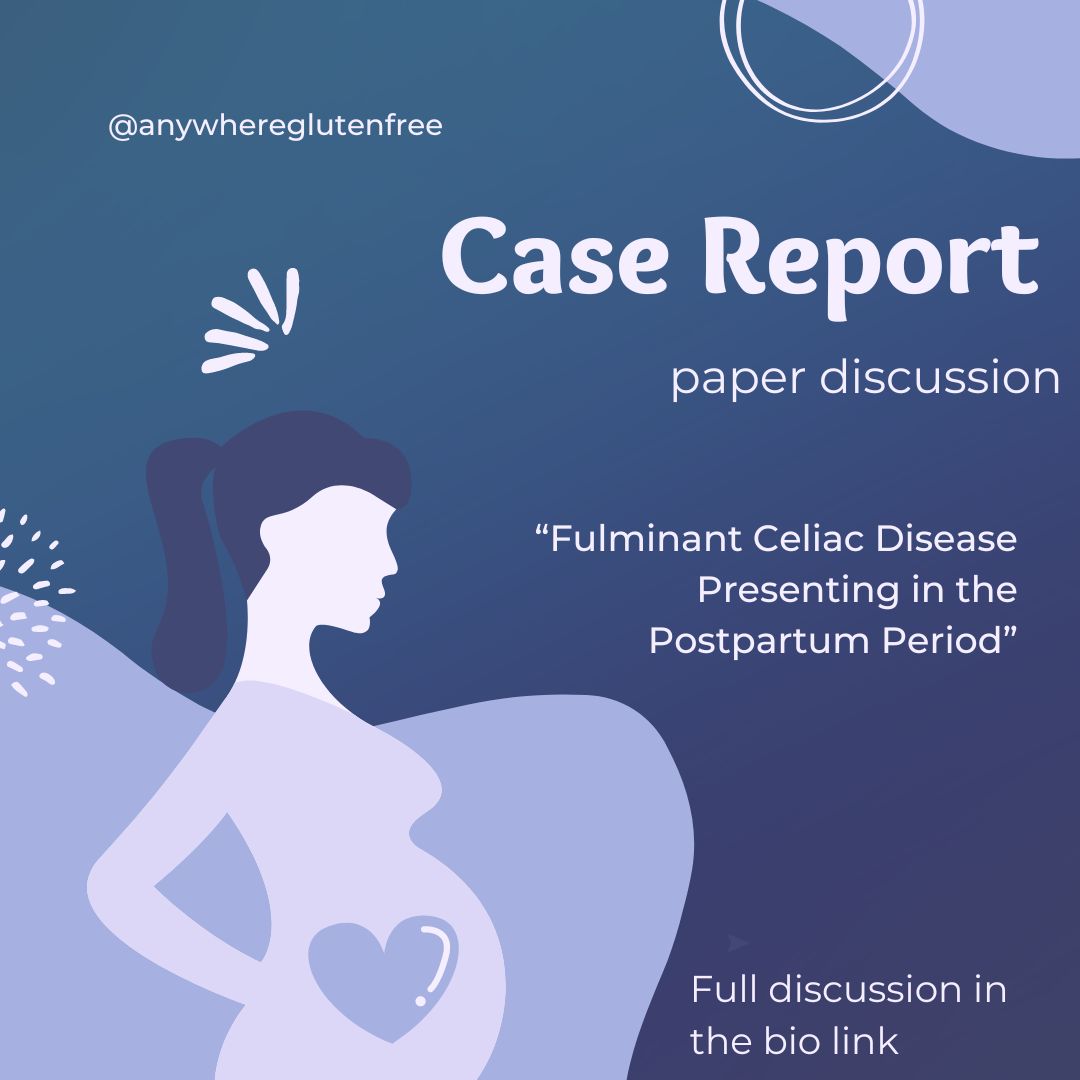The connection between Coeliac disease and Psoriasis

Celiac disease (CD) and psoriasis are both autoimmune diseases that share some common features in terms of immune-mediated mechanisms. CD is a T-cell-mediated immune disease triggered by the ingestion of gluten-containing cereals in genetically susceptible individuals. In CD, gliadin-derived peptides activate CD4+ T cells, leading to the release of cytokines and the activation of downstream effector T cells, resulting in intestinal inflammation and altered intestinal barrier function.
Psoriasis, on the other hand, is a chronic, immune-mediated inflammatory skin disease characterized by the abnormal proliferation of keratinocytes, resulting in red, scaly, and sometimes itchy patches or plaques on the skin. Psoriasis is also a T-cell-mediated disease in which T-helper 1 and T-helper 17 cells, as well as other immune cells, play a key role in the pathogenesis.
Observational studies have suggested a higher prevalence of psoriasis in patients with CD, and vice versa. A meta-analysis of 18 studies found that patients with CD had a higher prevalence of psoriasis compared to controls, and patients with psoriasis had a higher prevalence of CD compared to controls. However, other studies have identified that patients with CD have higher chances of having psoriasis, but not the opposite (discussed below). Supporting the need for better research on autoimmune diseases.
The exact mechanisms underlying the correlation between CD and psoriasis are not well understood, but there are some hypotheses. One hypothesis is that the proinflammatory cytokines and activated T cells in CD can enter the bloodstream and lead to an increase in the dermis and epidermis, ultimately leading to the development of psoriasis. Additionally, the gluten-free diet that is recommended for patients with CD could lead to deficiencies in vitamins and nutrients, such as vitamin D and vitamin B12, which could contribute to the development of psoriasis. However, patients with a well-balanced diet with reduced or complete removal of gluten in their diet have shown improvement in their skin.
A recent study found that genetically doubling the odds of CD increased the risk for psoriasis, but genetically determined psoriasis was not associated with the risk for CD. The study provided genetic evidence that patients with CD were at an increased risk of developing psoriasis, while psoriasis was not associated with the risk for CD. The findings suggest that clinicians should be aware of the associations and pay attention to skin manifestations in patients with CD. This study has important implications for understanding the underlying mechanisms of autoimmune diseases and may help to identify potential targets for future therapies. However, further studies are needed to confirm these findings and to investigate the potential clinical implications of this genetic interaction.
Overall, while the exact relationship between CD and psoriasis requires further study, it is clear that the two conditions share some common immune-mediated mechanisms, and patients with one condition may be at increased risk for developing the other.

My experience:
I do not have psoriasis or any skin-related issues 🤞 however, I’ve met people that suffer heavily from psoriasis. One person came to me and said “My doctor recommended that I remove gluten from my diet. I removed it for a week and saw no difference!”. I started to ask my friend how was his diet. He said “no bread, no pasta for a week!!”. I know that person really well and I know how much he loves beer 🍺🤣. I only pointed out how my diet is, how much I care about cross-contamination, the rare occasions when I eat out and that gluten is not present in my kitchen. I also mentioned that 1 week is too short, I’d recommend fully removing gluten for at least 3 months. Of course, he just laughed and said that would be impossible. He has kids and cookies/cake crumbs are all over the place. Well, I guess there are choices.
Autoimmune disease: the hidden effort
Autoimmune diseases are chronic conditions that can be managed, but not cured. Therefore, it is important for individuals with autoimmune diseases to work closely with their healthcare providers and follow their recommendations in order to manage their symptoms and prevent disease progression. Failure to follow the doctor’s recommendations can lead to more severe symptoms and a poorer quality of life.
For example, in the case of celiac disease, a gluten-free diet is the only known treatment. If someone with celiac disease does not adhere to a strict gluten-free diet, they may experience a variety of symptoms, including gastrointestinal issues, malnutrition, and other related health issues. In the case of psoriasis, not adhering to prescribed treatments or lifestyle modifications may lead to the worsening of symptoms, such as increased inflammation, itching, and pain.
Moreover, people with autoimmune diseases are at a higher risk of developing other autoimmune diseases or comorbidities such as cardiovascular disease, depression, and anxiety. Therefore, it is important for them to take an active role in managing their health and work closely with their healthcare providers to prevent and manage these conditions.
In conclusion, it is crucial for individuals with autoimmune diseases to work with their healthcare providers and follow their recommendations to manage their symptoms and improve their quality of life. Failure to do so can result in more severe symptoms and an increased risk of other related health issues.
Paper reference:
https://www.nature.com/articles/s41598-022-25217-y
Disclosure
Please note that this blog discusses scientific publications related to celiac disease, autoimmune diseases, and personal experiences. I am a pharmacist with a Ph.D in immunology and a post-doctorate in gastroenterology so I enjoy reading publications 😁. By the way, my mom and I are both celiacs.
It is important to remember that scientific research is an ongoing process and findings can change over time. While I strive to present accurate information based on the publications I review, my discussion of these publications should not be taken as a confirmation of their findings.
It is also important to keep in mind that there is still much that is unknown about celiac disease, autoimmune diseases, and their treatment. Therefore, any information presented on this blog should be considered in the context of the discussed publication and should not be used as a substitute for professional medical advice.
We encourage readers to discuss any questions or concerns they may have about diseases with their healthcare provider, who can provide individualized guidance based on the latest clinical practice guidelines.



Leave A Comment
You must be logged in to post a comment.